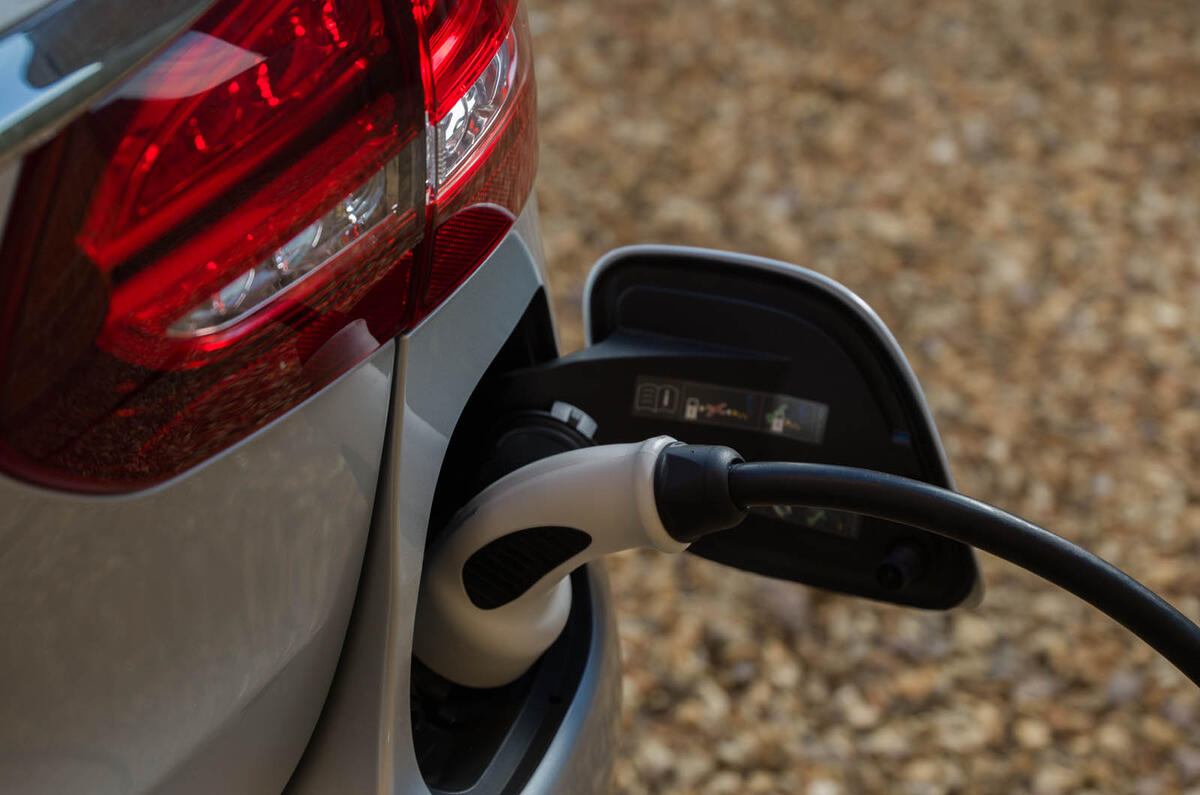The cost of charging an electric vehicle is climbing in the UK as some of the biggest charger providers increase prices in line with surging energy costs.
In an email to customers, BP Pulse – which operates more than 8000 public chargers across the UK – explained that "significant rises in the wholesale costs of electricity" have impacted its own procurement costs so it's raising charging costs to compensate.
"We've always worked hard to keep the cost of charging as low as possible, and we've been cheaper than our competitors for some time," said network lead Mark Bloxham, but "we're now no longer able to absorb the rising costs."
From 1 December, new prices will apply across the BP Pulse network. The cost per kWh of energy for subscribers has risen from 23p to 32p for the firm's standard public chargers (AC 43kW/DC 50kW) and from 29p to 38p for registered users.
The firm's fastest (150kW) devices will now cost 38p per kWh subscribers, 44p for registered users and 50p for pay-as-you-go users, while the slower 7kW units cost from 28p per kWh.
Meanwhile, Instavolt, which claims to be "the largest owner-operator of rapid DC charging stations in the UK", has announced a price hike from 40p per kWh to 45p – also effective from 1 December.
CEO Adrian Keen said: “We're in a period of unprecedented increases in the wholesale price of energy that's affecting consumers and businesses nationwide, including Instavolt."
He highlighted that "a homeowner seeking a new energy-supply deal today would be offered a tariff similar to public charging", reflecting the impact of the hike in wholesale energy costs, which in recent weeks has led to the collapse of several UK energy providers.
Keen noted that Instavolt's 5p price hike "doesn't reflect the full cost impact of wholesale prices more than doubling". He said Instavolt will "absorb the difference" while it awaits market stability.
In August, Osprey took its charging price per kWh up from 36p to 40p "in line with the UK rapid charging market". It also attributed the increase to rising energy costs, explaining that its own costs had climbed by 38% in the course of a year.
Ecotricity, meanwhile, was "in as good a position as we can be" in September, according to founder Dale Vince. He claimed the company had "hedged its electricity and gas suppliers" and secured 90% of its required energy for the following 12 months, while its trading team was "keeping a close eye on the situation".









Join the debate
Add your comment
My A6 does 12miles per litre so 12.5 p/mile. A litre of diesel's energy is approxiamtaely 10kWh, so I'm doing 1.2 miles per kWh, and around paying 15p/kWh, of which more than 50% is tax. Most EV's do at best 3 miles per kWh so around 15p/mile, depending on how you charge, with only 5% tax. My Audi tank lasts for the life of the car, the EV's 'tank' will last around 100,000 miles and cost £5000 to replace, an additional 5p /mile. Even now EV's are not the low cost option even ignoring the high initial purchase cost. When pay as you go taxation arrives the cost of motoring will motoring will explode!
I l8ke to think that in the future, it'll be a lot easier running an EV Car, all us old foggies will be long gone, the future generations will grow up with EV Cars, they won't gasp in horror like we do when whoever is in power comes up with more Tax, no, they'll just get on with it, just like we did when our parents said exac the same stuff we're saying on here.